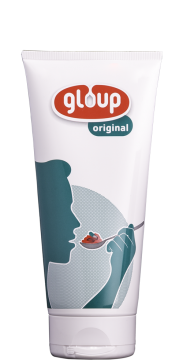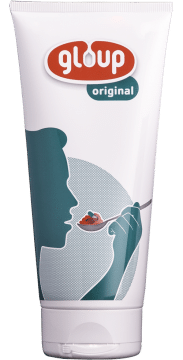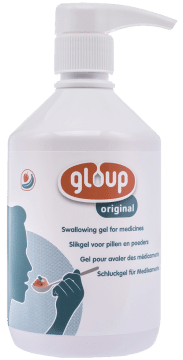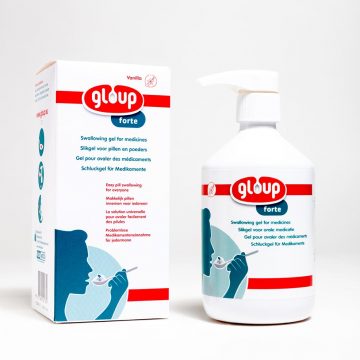Pill swallowing with Parkinson’s Disease
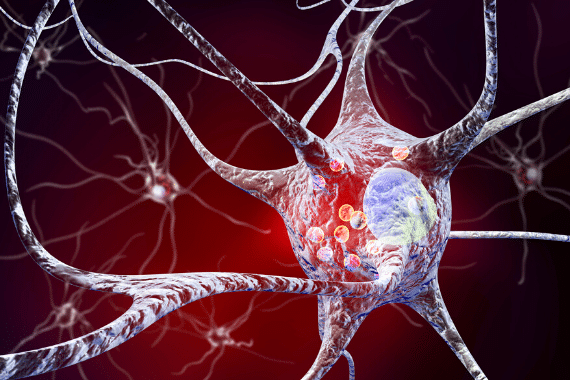
Parkinson’s Disease can affect people differently, people living with Parkinson’s can experience a wide range of symptoms, one could be difficulty in swallowing pills.
“Dysphagia is common in patients with advanced Parkinson’s disease (PD) but can occur early in the course of the disease where it is assumed to be underreported and underestimated.”
Symptoms may get worse as the disease progresses; you may not always notice them so friends and carers should lookout for the following symptoms:
- drooling
- inability to clear food from the mouth
- food sticking in the throat
- a gurgly voice
- coughing when eating or drinking
- choking on food, liquid or saliva
- problems swallowing medication
- pain when swallowing
- discomfort in the chest or throat
Parkinson’s can affect the muscles in your jaw and face, when these muscles are less efficient it affects the control you have when swallowing. Your tongue is also an important muscle in the swallowing process, we use it to move food around and push it to the back of the mouth to trigger the swallowing reflexes. Parkinson’s can also affect the saliva glands in the mouth which can cause a dry mouth.
For a lot of people experiencing swallowing difficulties, the intake of medications can be particularly challenging. Tablets and vitamins are often large, powdery, and don’t taste particularly nice. As a result, they can be extra difficult to swallow. In addition, many medications should not be crushed or split as this can alter the effect they have on the body, sometimes with dangerous side effects.
“Caregivers of PD patients with swallowing difficulties frequently modify oral medications. Crushing or splitting tablets or opening capsules might facilitate the administration process, but this practice is associated with an increased risk of medication administration errors”
Source: https://www.prd-journal.com/article/S1353-8020(19)30033-1/fulltext
People living with Parkinson’s keep symptoms under control using medication, this may involve taking multiple medications several times a day. If swallowing is impaired it can be a time of great stress for both the patient and caregiver.
“In PD patients, dysphagia might not only lead to aspiration of medication and concomitantly ingested fluid or food, but also a lack of efficiency of oral medication”
Gloup provides a much-needed solution to caregivers and other professionals providing support to individuals with Dysphagia. It eliminates the discomfort, apprehension and tension that is associated with swallowing tablets for someone with Dysphagia.
Gloup provides a day-to-day solution to lengthy negotiations with patients and reassurance to all involved.
Further information and resources about Parkinsons visit: https://www.parkinsons.org.uk/

